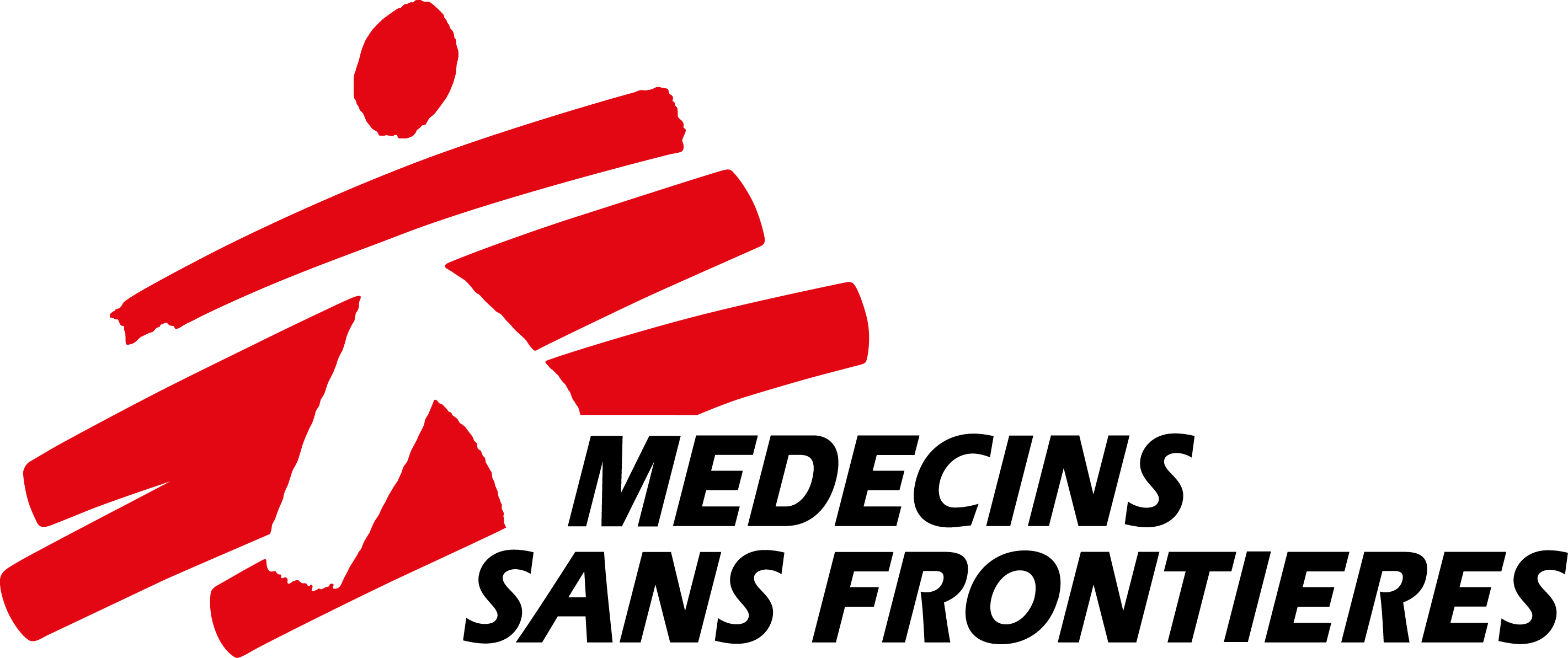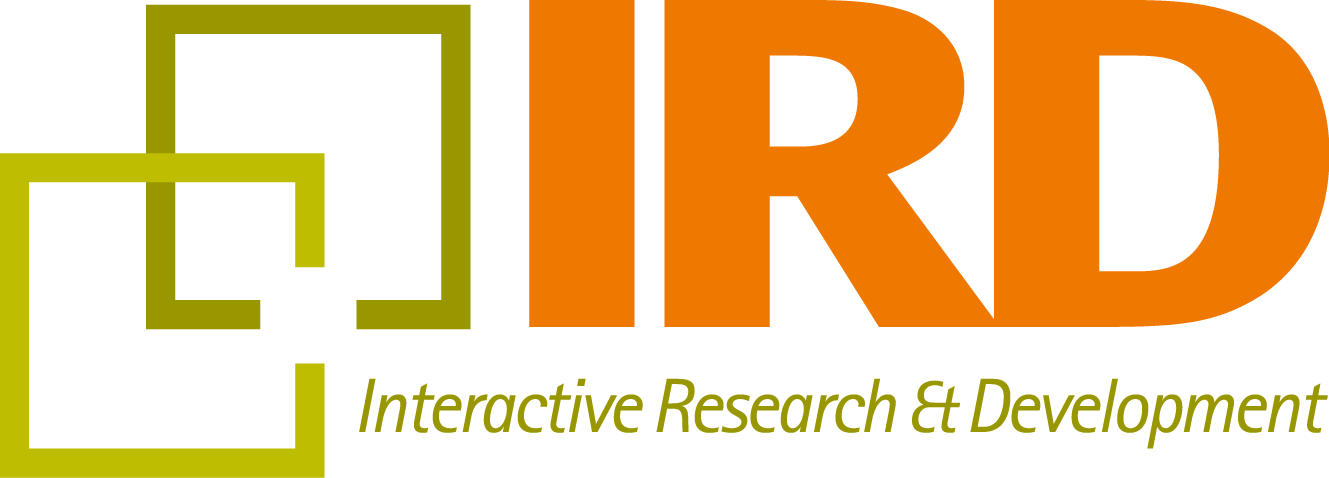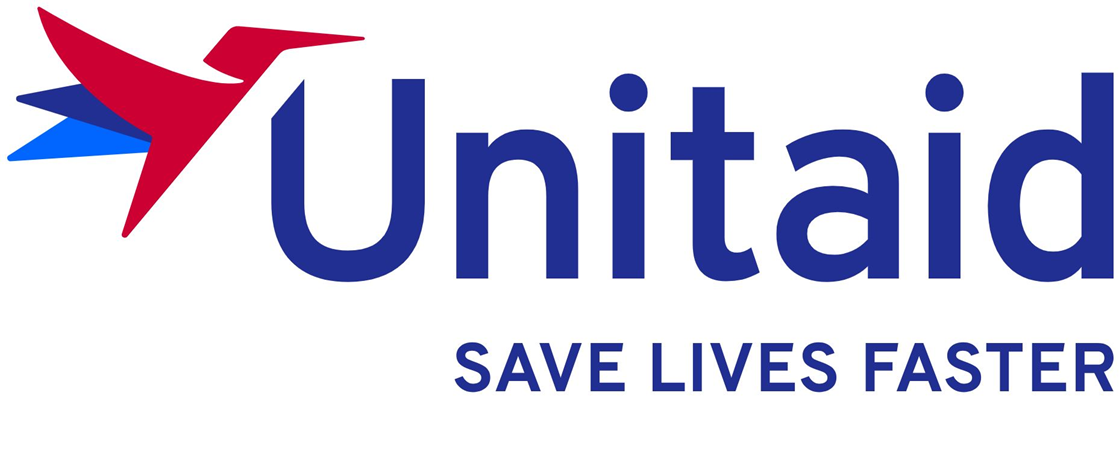Dr. KJ Seung is something of a tuberculosis maverick.
He has worked at Partners In Health since 2001, when—fresh out of residency in internal medicine—he went to Peru to battle TB, which was devastating poor families living in shantytowns near Lima. He made sure patients got proper care despite out-of-touch policies that considered drug-resistant TB patients too difficult to treat.
He’s currently doing the same in North Korea, which is experiencing a surge of multidrug-resistant tuberculosis.
Seung now co-leads a project aimed at revolutionizing treatment for multidrug-resistant tuberculosis. endTB, a UNITAID-funded initiative that started in 2015, is implemented by Partners In Health, Médecins Sans Frontières (MSF), and Interactive Research and Development (IRD). It’s bringing new drugs and treatment regimens to 15 countries with among the highest rates of multidrug-resistant tuberculosis in the world. PIH is responsible for implementing the program in six of them: Lesotho, Kazakhstan, Peru, North Korea, Ethiopia, and Nepal.
Seung, who appeared in Boston’s “Top Docs of 2015,” traveled to Lesotho recently, where the first patients have just been enrolled. He explains the endTB program and where we’re headed.
You've worked on many TB projects throughout your career. How significant is this one?
Bedaquiline and delamanid are the first new TB drugs in 40 years. There hasn't been any real TB drug development for a very long time. And it's really only because of drug-resistant tuberculosis and our old drugs not working that there has been more research. So this is exciting for everybody who works in TB. These drugs look really effective and could potentially change treatment for millions of people per year.
Then there’s the scope of it. Certainly, PIH has never done anything like this before. We're trying to enroll a lot of patients on treatment with these drugs—patients who are very difficult to treat because they're infected with highly-resistant strains. They can't be treated in any other way.
There's a really strong research component, too. We're partnering with MSF and IRD for the first time. So there's a lot of very exciting aspects to this project.
Is endTB replacing what a pharmaceutical company would normally do in clinical trials?
No. The drugs we are using have already been developed and tested by pharmaceutical companies. Our project is stepping in where pharmaceutical companies traditionally have problems, because it’s a disease that requires treatment with a combination of drugs.
A good example is HIV. It's really hard to do a clinical trial of a multidrug regimen if the drugs are made by different companies that may not want to cooperate with each other. With Hepatitis C now, there's some of that going on.
So we’re stepping in at a stage of development where there are inherent difficulties.
On to Lesotho. Where are we with the project?
We have enrolled 17 patients so far, just a small portion of the 150 we expect to enroll in Lesotho and the 2,600 that will be enrolled in all 15 countries. But a lot of these patients are very difficult to treat. Some of them have been in treatment for years without being cured and are well-known to our medical team. We want to make sure everything is going OK.
To use these drugs the way the World Health Organization recommends requires close monitoring for any potential side effects.
For example, one of the things that has to be done [for each patient] is an electrocardiogram, a record of the heart rhythm. This is not something we had to do with other TB drugs. We need to teach our staff how to use an EKG machine and make sure we have all the proper supplies there.
What will the clinical trial involve?
This is where we're testing completely novel regimens—new combinations of drugs, much shorter regimens.
In the standard WHO regimen, you're taking five or six drugs that include an intramuscular injection for eight months. Nobody wants to get an injection every day for eight months, and it has some nasty side effects. So that gets stopped after eight months, and you take the rest of the drugs for another 12 months. The rest of the drugs are mostly old and have a lot of nasty side effects of their own. So it's a very difficult regimen for patients to follow.
In this new clinical trial, patients will be randomized to regimens that are only nine months long, with no injection.
What is the greatest challenge you've come up against in Lesotho?
Honestly, the greatest challenge so far has been getting the new drugs. The project started April 1, but we didn't actually have any drugs in Lesotho until October. And we only have one of them—bedaquiline. We still don't have delamanid. But we're closer now, and we're going to start shipping that, too.
I think it's been very challenging for everybody—from the manufacturer who has to scale up production, to the distributor, the Global Drug Facility. It's a new drug, and they're getting orders from all over the place.
Are we making progress with the project as a whole?
Yes, we have drugs in almost all PIH sites. We started treating patients in four out of six countries—Lesotho, North Korea, Kazakhstan, and Peru—and are close to starting in the other two. And we've had some really good discussions with Ministries of Health in these countries.
The Lesotho government has been really receptive. Patients have been really interested. That just shows we need to work harder and overcome all of these challenges and get these drugs out there.
Jump ahead to February 2017. Where would you like to be in a year?
We want to have a really good comfort level with the drugs—meaning all of our doctors and nurses understanding how to use, monitor, and prescribe them.
We'd like to have data about patients improving clinically, and certainly any data on unexpected side effects that haven't been found in previous trials.
We want everybody in our countries, including governments, to be really comfortable with the drugs and planning to use them in the future.
Originally published on Partners In Health's website.




